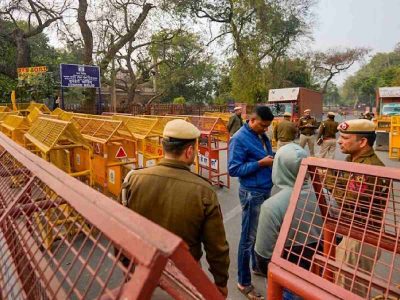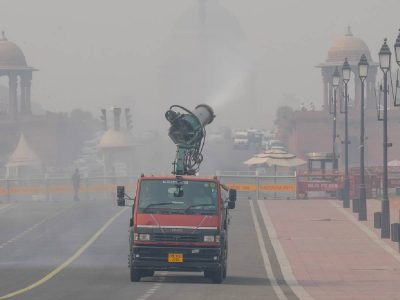The Delhi High Court has granted the city government a final opportunity to present its response regarding the provision of free or cashless medical services to retired Delhi Transport Corporation (DTC) employees.
The court has issued a directive stating that if the government fails to submit its response, the finance secretary will have to personally appear in court on September 19.
A bench led by Chief Justice Satish Chandra Sharma and Justice Sanjeev Narula observed that despite granting prior extensions, the Delhi government has not submitted an affidavit detailing its actions in this matter. The issue pertains to medical benefits for retired DTC employees. The court has now given the Delhi government an additional four weeks to file its counter affidavit. If the affidavit is submitted before the next hearing on September 19, the finance secretary will be exempted from appearing in person.
Last year in September, the high court took notice of a letter penned by a retired DTC employee. The letter highlighted that medical benefits were exclusively extended to current officials under the Delhi Government Employees Health Scheme (DGEHS), leaving retirees without such provisions. The high court’s Public Interest Litigation (PIL) committee suggested treating the letter as a public interest litigation.
Subsequently, the bench issued notices to both the Delhi government and DTC, seeking their responses to the PIL. In the letter, the retired DTC employee emphasized the necessity of granting free or cashless medical services to former staff members of the corporation.
Currently, a nominal sum of Rs 500 is provided monthly to pensioners instead of medical benefits, leading to significant challenges for retired employees in terms of medical expenses. The retired employee argued for the replacement of the fixed monthly medical allowance with cashless medical treatment, pointing out the financial strain that serious illnesses could place on pensioners.
The individual also highlighted that his dependent son could not avail himself of Central Government Health Scheme (CGHS) facilities due to the absence of his father’s status as a dependent. This predicament arose from the man’s pension status. (With inputs from PTI)





